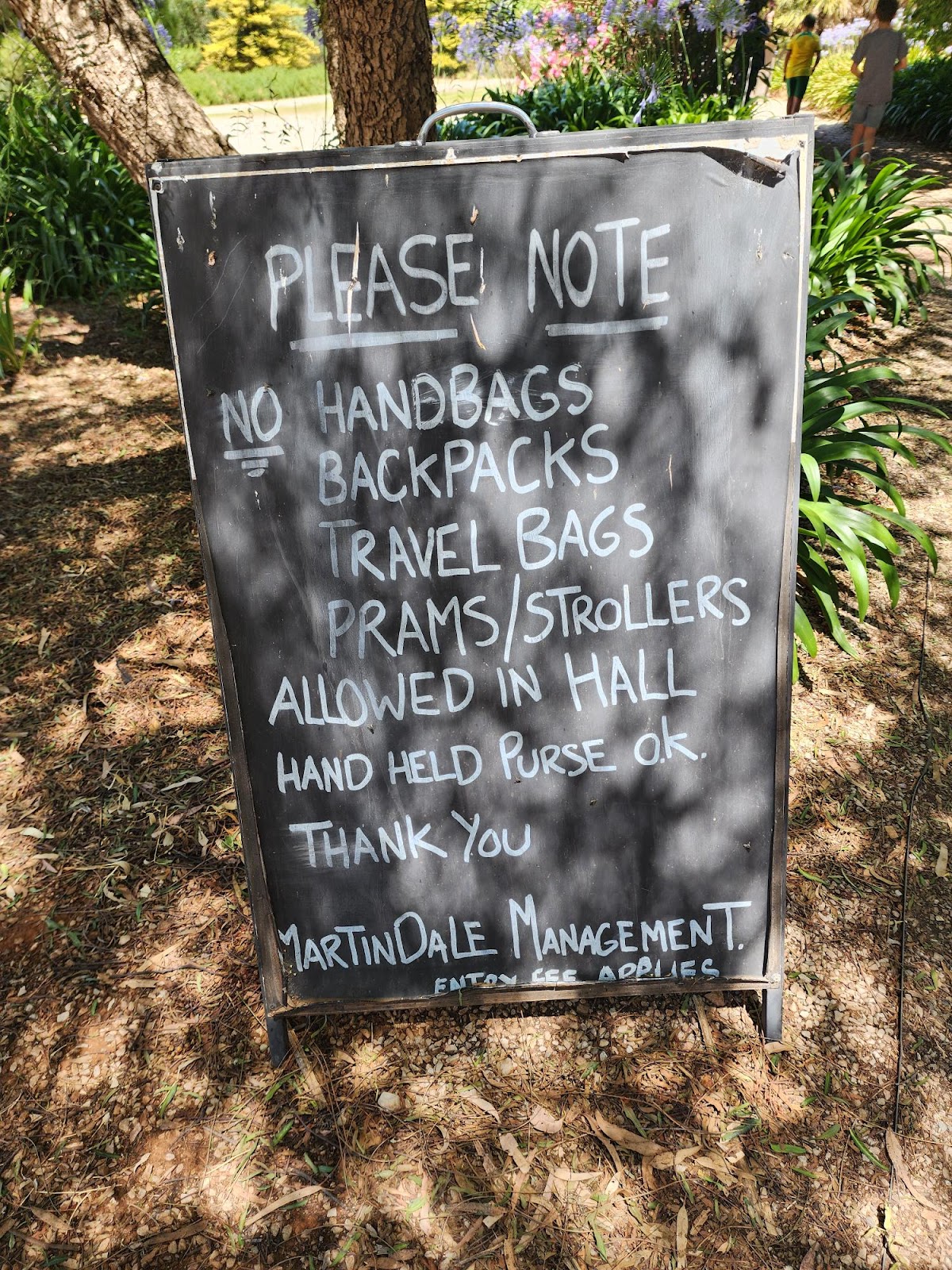Roma (#1)
Astoundingly ambitious and utterly successful weaving of the personal
stories of the Potitii and Pinarii ancient Roman families into the tumultuous
"history" of Rome years before the time of Romulus and Remus, the
rise and fall of the Roman republic, up to the assassination of Julius Caesar
and the ascension of Rome's first emperor.
Empire #2
An incredibly massive story spanning five generations of the Pinarii
(Lucius the Lightning Reader, Titus and Kaeso the twins, Lucius the Seeker,
Marcus the Sculptor, and Lucius, comrade of Marcus Aurelius) amidst the
backdrop of Imperial Rome (from the Julio-Claudian dynasty to the Year of the
Four Emperors, the Flavian Dynasty and finally to the end of the reign of
Hadrian of the Nerva-Antonine dynasty) and the mysterious fascinus which had
made its way from one Pinarius family member to the next.
Dominus #3
The last of the trilogy, I read it as slowly as I could. It may be a
while before Steven Saylor writes another book (or maybe this is it, he will
retire!). I was heartened, however, to read this article:
Quo
Vadis, Mr. Saylor?
by Steven Saylor
In 2018, I wrote “the end” not just to the novel The Throne of Caesar, but to
the whole “Roma Sub Rosa” series featuring Gordianus the Finder, sleuth of
ancient Rome. Roman Blood kicked off the series in 1991; another thirteen
novels and two collections of short stories followed (with countless murders,
conspiracies, kidnappings, robberies, and other crimes along the way). The
series took place over the final four decades of the Roman Republic, from
Cicero’s first murder trial to the assassination of Julius Caesar, and spanned
27 years of my writing career.
Along the way, I produced a couple of stand-alone novels set in my native
Texas, A Twist at the End (serial murders in 1885 Austin) and Have You Seen
Dawn? (contemporary suspense in a small Texas town uncannily like the one where
I grew up).
Right now I’m in the final editing stages of Dominus, a third novel to complete
the trilogy that began with Roma and Empire. It’s a family saga that follows
the fortunes of the aristocratic Pinarius clan from the earliest beginnings of
Rome, as a small trading post on the Tiber River, to the reign of Constantine
the Great, first Christian emperor—who moved the imperial capital away from
Rome to his own new city, Constantinople (modern Istanbul). Dominus will be
published in June 2021.
So where do I go next? Or as Gordianus might have asked, “Quo vadis?”
For the first time since 1991, I’m not locked into a publishing contract, which
means I have no deadline looming. Having that deadline year after year always
represented security—I send in the book, they send me a check. But not having a
deadline gives me a sensation of freedom and relaxation I haven’t felt in many
years.
Also, I’m rapidly approaching age 65, looking forward to Medicare and all those
senior discounts.
So, what’s next? I’m going to retire, of course!
Only problem: everyone tells me that writers never retire. My husband insists
that writers can’t retire—it’s categorically impossible, like walking on the
ceiling.
I feel awfully lucky to have finished, to my own satisfaction and at my own
pace, not one but two series. No plot-threads left hanging. No nagging sense of
something left unsaid, some corner of history unexplored, some crime unsolved.
I’ve said what I wanted to say. And I think that the quality of my writing,
whatever its intrinsic worth, has been pretty consistent from start to finish.
I don’t want to be one of those writers who keeps turning out reams of prose
longer than he or she should. (I’ll name no names, but I suspect most readers
could cite a favorite author or two whose work “went off” toward the end.)
In 2013, I saw the late Ursula K. Le Guin speak to a packed auditorium on the
UC Berkeley campus. (Famed for her fantasy and science fiction, Le Guin also
visited ancient Rome in her novel Lavinia.) She talked about getting older,
which she characterized as a progressive diminishment of every aspect of life.
In her eighties, Le Guin wasn’t exactly retired, but she had left novel-writing
behind; she attended a local writing circle and wrote poetry. She said she
simply no longer had the physical or mental stamina to produce a novel.
I’m nowhere near 80 yet, and I suspect I could write more novels. But should I?
If life has taught me one thing, it’s to never say never. I learned that early
in my career, when I initially thought Roman Blood was strictly a stand-alone,
then, when my publisher wanted a sequel, I told interviewers that my Roman
mystery series would comprise three or four books, at most. I’m glad I was
wrong.
"Dominus" ends with the reign of
Constantine and with the Pinariis moving to Constantinople, the new Rome.
There's still almost two centuries before the barbarian general Odoacer deposes
the last Western emperor. I really hope that Steven Saylor carries on with the
magic of weaving the Pinarii saga into Rome's history.


.png)



















